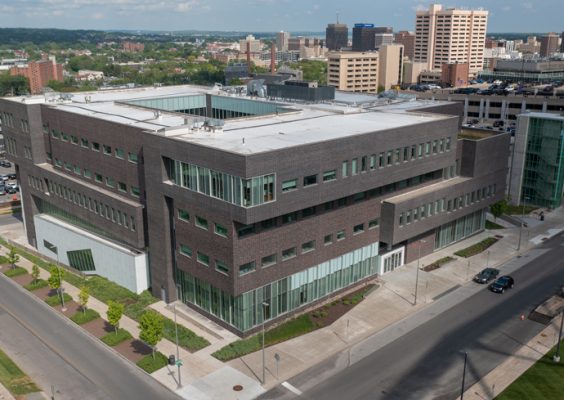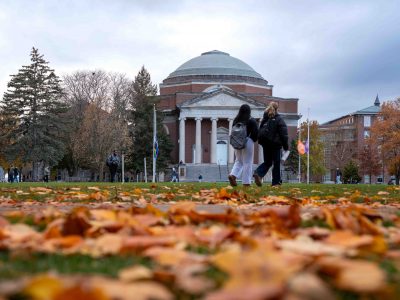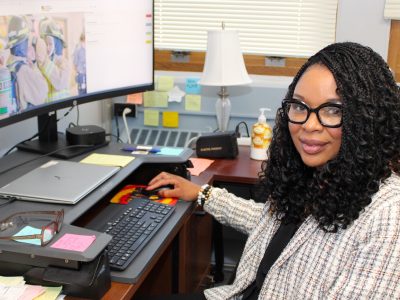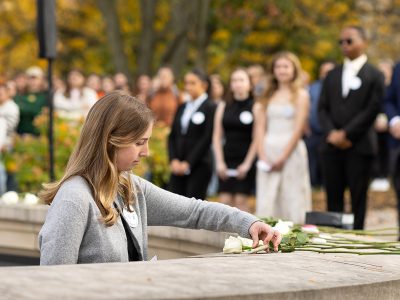College of Law to Host Education Access and Opportunity Symposium
The College of Law’s Syracuse Law Review is hosting the “Education Access and Opportunity Symposium” on Oct. 14 from 10:30 a.m. to 5 p.m. The event will be held in the College of Law’s Dineen Hall and is free and open to the public. Registration is required for the Zoom link.
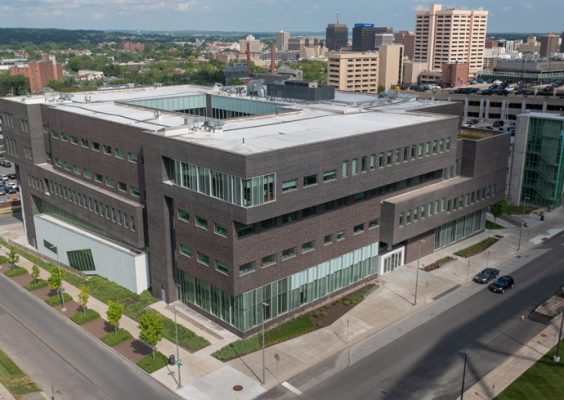
During the symposium, three panel discussions will feature leading legal, education, and policy scholars from around the country. The panel discussions are:
- Towards Inclusive K-12 Education: Rights, Restrictions and Reforms;
- Tackling the Major Questions of Student Debt; and
- The Future of DEIA after Students for Fair Admissions
In addition, there will be a lunch and learn session, “Education and Empowerment: Civics, Law and History in the Classroom,” led by the Historical Society of the New York Courts.
The event will culminate with a keynote address from Jeremiah Bourgeois, journalist, legal scholar, Co-Founder of Beyond the Blindfold of Justice, matriculated law student and a formerly incarcerated person. Bourgeois will discuss the topic, “Opportunity Cost: Pursuing Higher Education with Post-Traumatic Prison Disorder.”
Education access has become a prominent legal issue in recent years. In two recent decisions that will greatly impact the field of higher education, the Supreme Court overturned race-based affirmative action policies and struck down the Biden administration’s student debt relief program. Controversies over academic freedom in public school curricula and the consequences of inequitable funding have renewed questions of students’ civil and constitutional rights—or the lack thereof. The proliferation of online instruction accelerated by the COVID-19 pandemic has created both opportunities and challenges for students and educators.
These developments raise an urgent question: How do we promote education access within this new landscape? Through this symposium, we seek to analyze the legal implications of this historic moment and to produce a document that may prospectively guide scholars, policymakers, educators and other interested stakeholders.
Co-sponsors are the Franklin H. Williams Judicial Commission and the Historical Society of the New York Courts.
